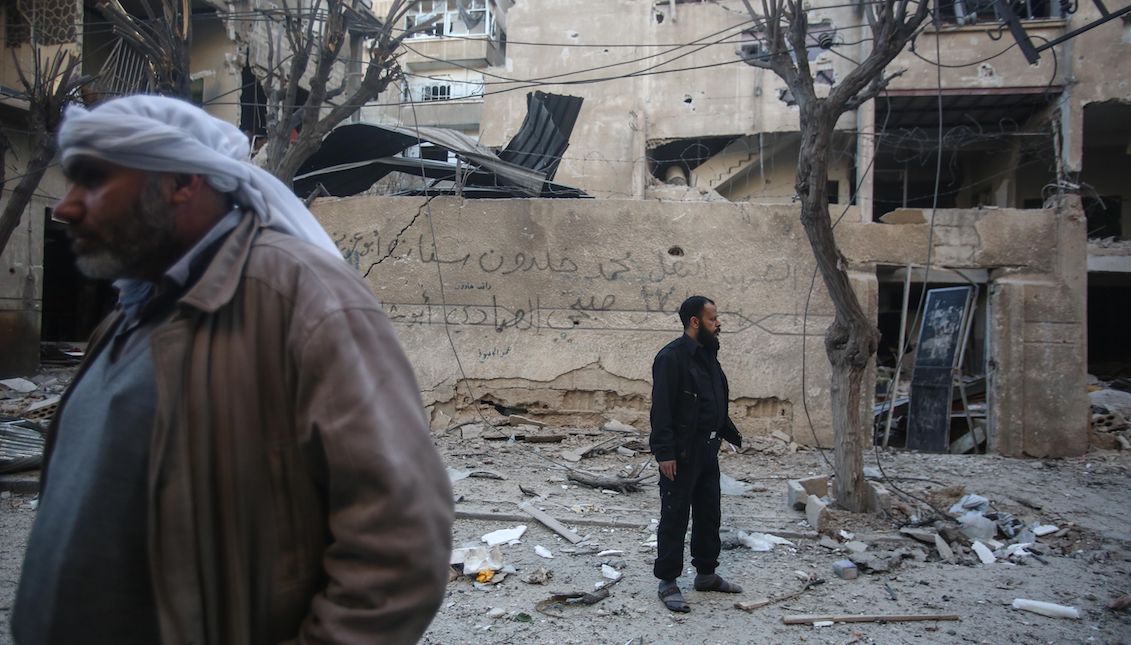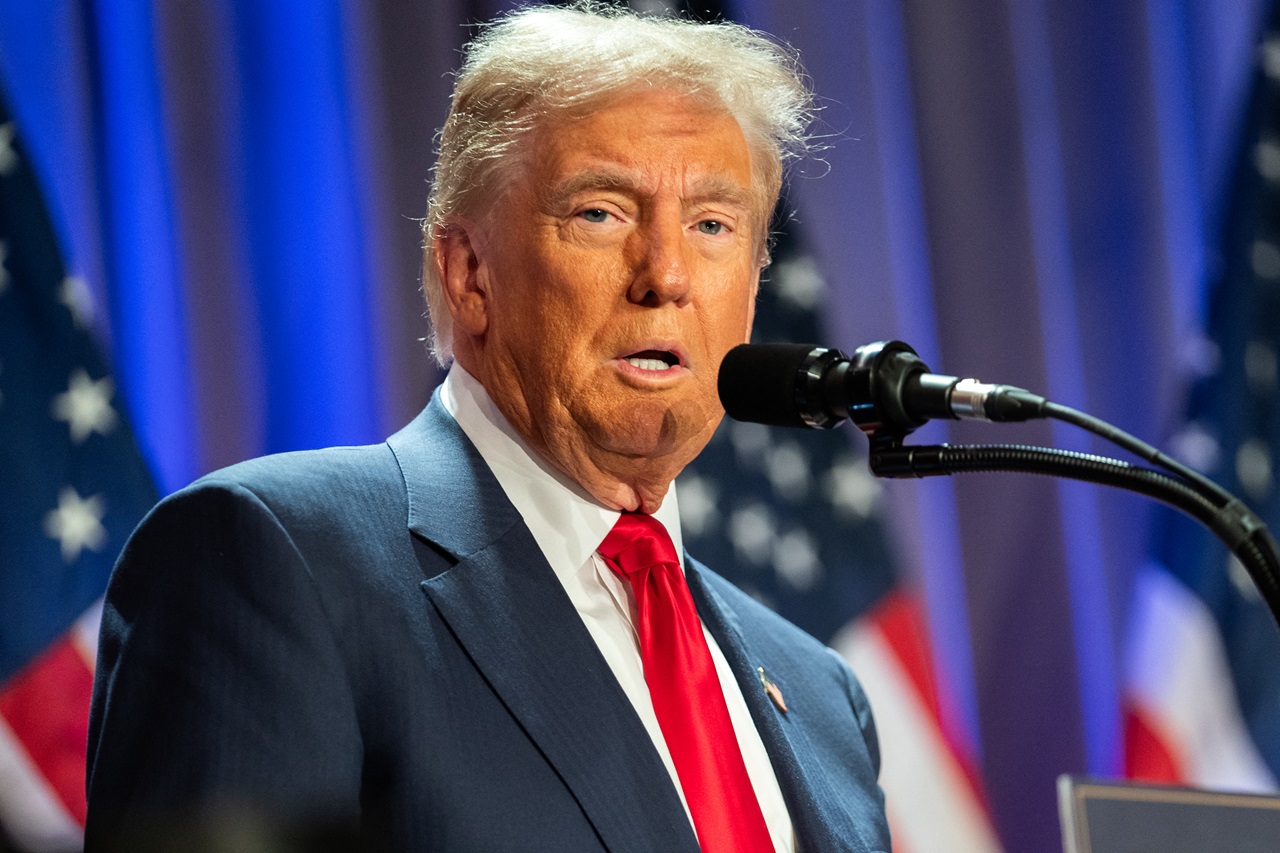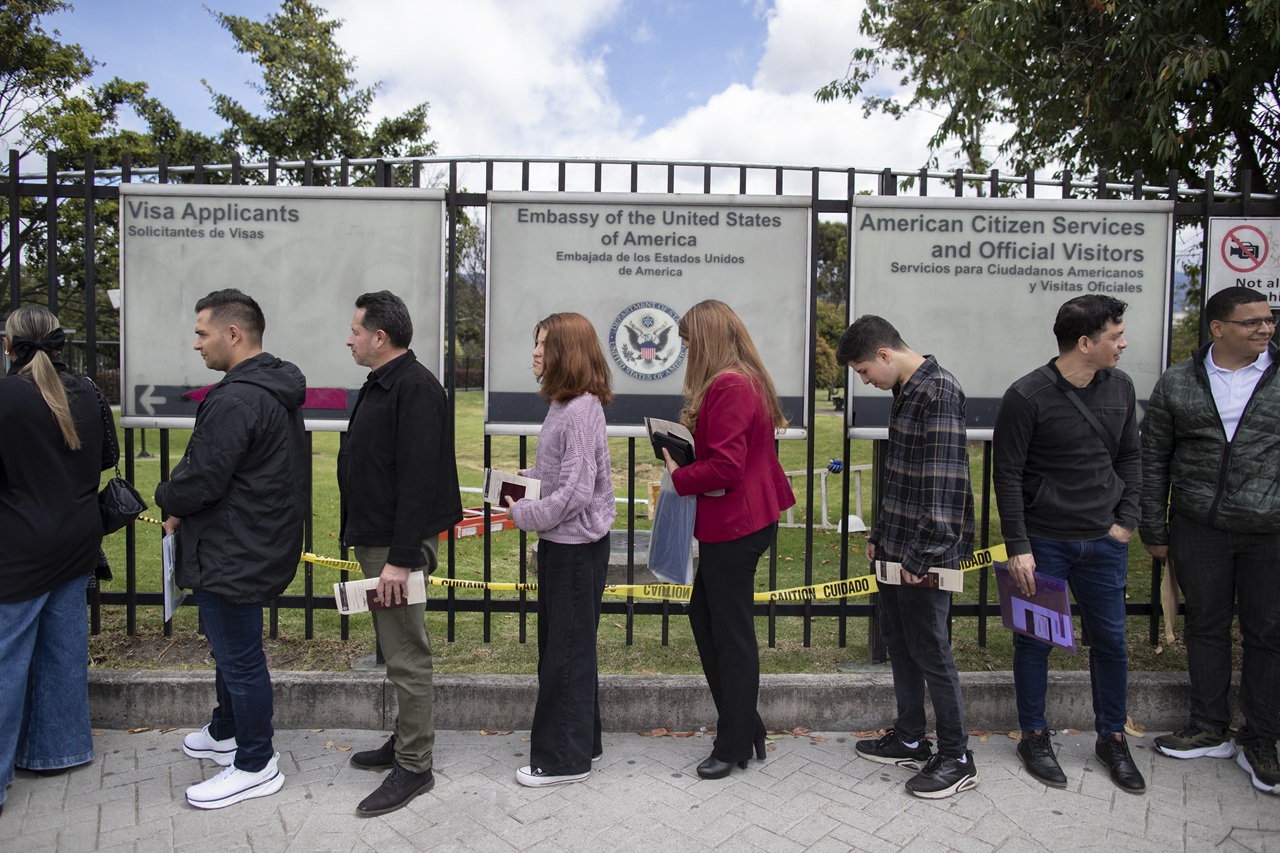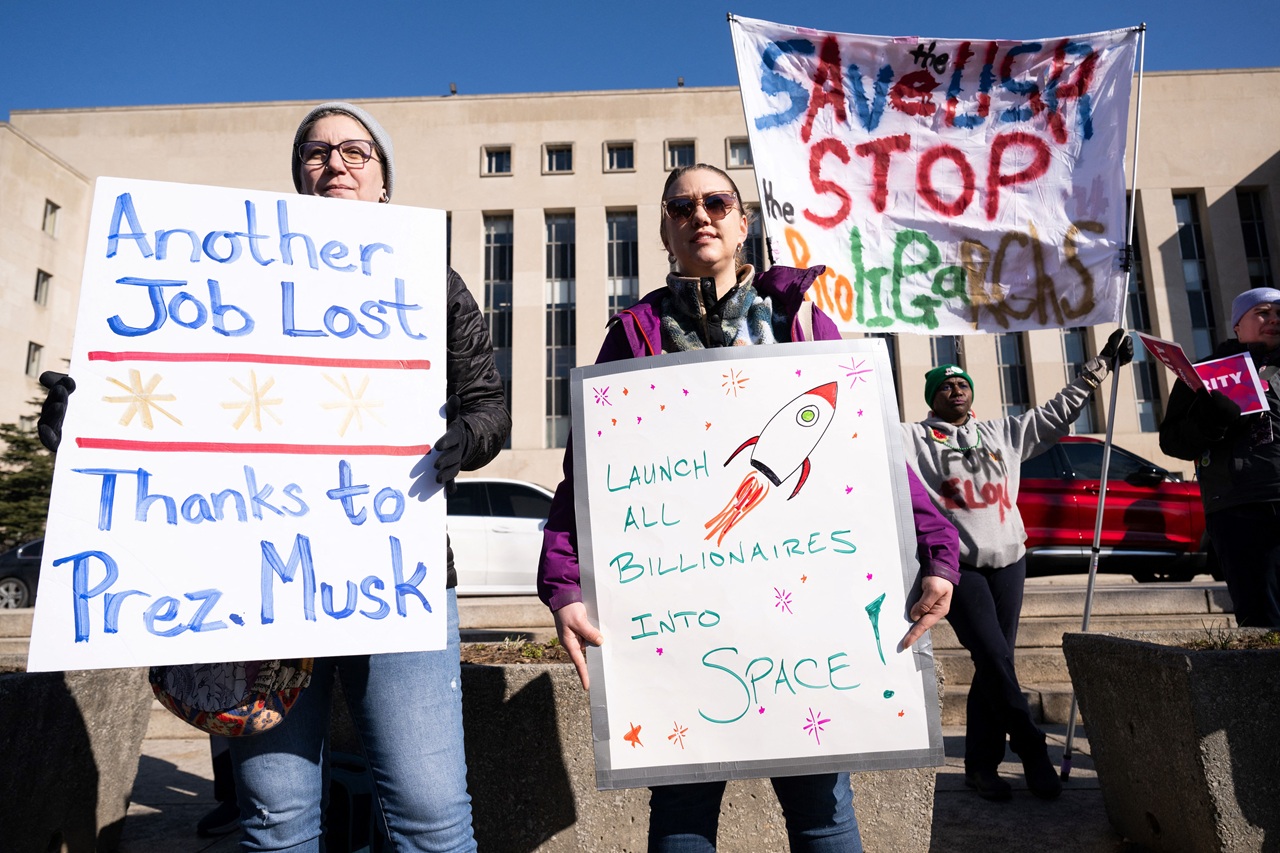
A brief summary of the conflict in Syria
Why is the intervention of the United States so important in the civil war of the Arab country?
An Arab country and "armed conflict" seem to be always synonymous. What happens is that the conditions are often overlooked and international politics is simply an overwhelming amount of data that take a long time to be unraveled, especially in a society in which headlines make the most of journalism.
The case of Syria is not alien to this generalization, and to understand what happens there needs much more time and dedication, above all for the speed with which the facts have been developing.
The geographical position of Syria is extremely important for the politics of the Arab countries since it is part of one of the 15 territories known as The Cradle of Humankind. Syria is the point of confluence between three continents: Africa, Asia, and Europe, transforming it into a commercial focus between several countries.
Syria has a coastal strip of 193 kilometers that are immediate access to the Mediterranean Sea and borders Iraq, Israel, Jordan, Lebanon, and Turkey. Its territory is rich in oil deposits, which transforms its territory into a very important channel for the production and distribution of this black gold.
It all began in an internal conflict as a result of a social uprising against the dictatorship of "president" Bashar Al-Assad, who inherited a highly controlled and subdued country, which had been ruled by his father in previous decades.
The civil conflict, driven by social inequalities and the need for a change of government - an echo of the so-called Arab Spring, which freed countries like Libya and Egypt from dictatorial governments - sparked a strong repression by the Al-Assad government that it allowed the emergence of extremist religious groups that joined the radical Islamist movement better known as ISIS.
By July 2011, hundreds of thousands of people were already demonstrating against the regime and its measures of repression and torture against "deserters", according to a report by the BBC.
But the attack perpetrated by Assad against his population using chemical weapons caused the international community to turn its attention to what seemed like just another Arab conflict.
The international community, led by the United States, made a brief appearance on the scene, requesting the chemical disarmament of the Syrian government, as it violated the international peace agreements, and the mediator was none other than Vladimir Putin. But behind the scenes, the United States supported the rebels with weapons and reinforcements.
As a domino effect, the civil conflict also detonated the latent religious disagreements throughout the history of the Arab community, soon acquiring "sectarian characteristics confronting the Sunni majority of the country, against the Alawite Shiites, the Muslim branch to which the president belongs," the media continues.
The opposition didn’t seem to back down. On the contrary, the more violent and inhumane was government repression, the more people joined the revolt, while more than half of the country fled across borders, becoming one of the largest refugee communities of recent times.
The merger of fighters soon developed, bringing together moderate and radical groups such as the Free Syrian Army, Islamist and jihadist groups and the Nusra Front, affiliated with al Qaeda.
By the beginning of 2017, all the groups came together in the second largest rebel group against the Al-Assad government, called Tahrir al-Sham. But such a coalition hasn’t prevented the disagreements between the radical and moderate opponents, who have often been fighting each other.
The international intervention was immediate, as expected. Traditionally, the world economic empires didn’t think twice before reaching for a territory in conflict with oilfields and suitable geographic location.
The excuse this time was to fight the Islamic State that began to instill terror in European countries. Therefore, the first to join the conflict were the United States, the United Kingdom, France and finally Russia, who decided to side with the Al-Assad government and "protect the sovereignty" of the country.
The Russian force helped the Syrian government to recover lost areas in the hands of rebels such as Aleppo, one of the most historically and politically important cities, and continues to supply and advise the government, whose interests correspond to the economic and strategic negotiations that it has Moscow on Syria, the jewel of the Arab countries.
Likewise, Iran, with a Shiite majority (like Al-Assad), is the Syrian government's biggest ally, because the territory of the country in conflict is a transit channel "for armaments that Tehran sends to the Shiite Hezbollah movement in Lebanon, which also has sent thousands of fighters to support the Syrian forces," according to the BBC.
RELATED CONTENT
Northern Syria was intervened by the government of the United States through Kurdish groups that try to control the area, but the intervention of the US Navy always remained in a strategic, non-aggressive position.
On the contrary, Saudi Arabia did not hesitate to support the rebels, not only to support the religious counterpart but to "counteract" the presence of Iran in the conflict.
During the first days of his government, Donald Trump assured that the situation in Syria was not of interest to the Americans, and focused his energies in dismantling the measures taken by his predecessor, in coherence with his electoral campaign in which he assured that "America goes first."
But again the government of Bashar Al-Assad attacked with chemical weapons the area of Khan Sheikhoun, dominated by rebel forces, at 6:30 AM on April 4, 2017, using sarin gas weapons, killing more than 70 people and leaving hundreds wounded.
The images were devastating and spread immediately around the world, reaching into the hands of Donald Trump, who radically changed his position launching a surprise attack on a Russian-Syrian air base, on Thursday, April 6, breaking with his isolationist proclamation and becoming the "guardian of the world order", as has been described by the Spanish media El País.
The actions led by Donald Trump are located at the international political-military level as a counterpart to the Iranian, Russian and Chinese forces, which support the government of Bashar Al-Assad, transforming the Syrian internal conflict into a gradual international battlefield that, for many, suggests the scenario of a third world armed conflict.
The Syrian government has responded with a statement outright rejecting the intervention of the United States, qualifying as support to the rebel and Islamic extremist forces, and assuring that they will respond with force to any other attack that could continue on the territory.
For her part, the United States ambassador to the UN, Nikki Haley, said that "there is no political solution to the conflict in Syria and that if President Bashar Al-Assad continues in power, the US authorities will be willing to do something more about it."
After a chaotic first year in office, President Trump announced just two weeks ago, and during a rally in Ohio, that "we’ll be coming out of Syria very soon. Let other people take care of that now!"
As the Washington Post recalls, "the next day, news broke that Trump had suspended more than $200 million in stabilization funds for the recovery efforts in Syria."
And as if it were a matter of cause and effect, the announcement of the US president was enough for the regime of Bashar Al Assad to attack again its population with brutal force.
President Trump announced Monday that "quick actions" would be taken in response to Saturday's "barbaric" chemical attack, saying that " all options, including military action, were on the table," Reuters reported.











LEAVE A COMMENT: